
Britain said on Sunday discussions with other NATO members on deterring Russian activity in the Arctic were "business as usual", after media reports the UK was in talks with its European allies about deploying a military force to Greenland.The Telegraph reported on Saturday that military chiefs from Britain and other European countries were drawing up plans for a possible NATO mission in
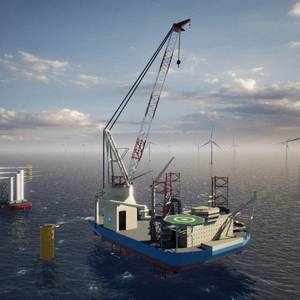
Seatrium has issued a notice of arbitration against an affiliate of Maersk Offshore Wind, escalating a dispute over the termination of a contract for a wind turbine installation vessel (WTIV) intended for the Empire Wind 1 project in the United States.The move follows a notice of arbitration delivered by the buyer on October 21

Whether you're in offshore wind, grid operations, geotechnical engineering, or digital transformation, this session, in conjunction with Offshore Engineer, will offer actionable insights, live demos, and expert opinions on:Why cable heat matters — from environmental impact to dynamic ratingHow to build better ground models using connected workflows and 3D subsurface dataHow thermal analysis
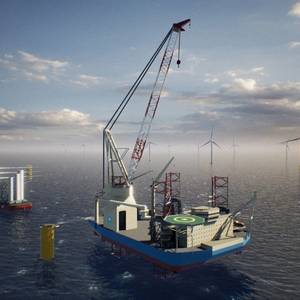
Singapore’s Seatrium has received a notice of arbitration from Maersk Offshore Wind’s affiliate, regarding the dispute over the termination of a $475 million contract for a nearly completed wind turbine installation vessel (WTIV) originally intended for Equinor’s Empire Wind 1 project in the United States.
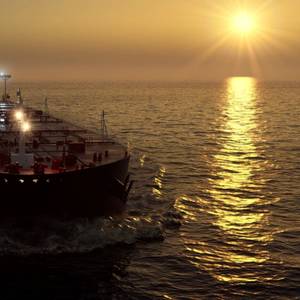
Britain targeted Russia's two largest oil companies, Lukoil and Rosneft, and 44 shadow fleet tankers on Wednesday in what it described as a new bid to tighten energy sanctions and choke off Kremlin revenues.Lukoil and Rosneft were designated under Britain's Russia sanctions laws for what London described as their role in supporting the Russian government.
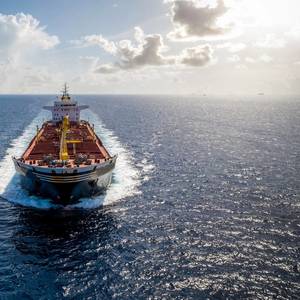
The International Maritime Organization will meet this week to formally decide whether to impose a carbon emissions price on global shipping, a move supported by an EU-led bloc including Britain, China and Japan but strongly opposed by the U.S.The IMO struck a preliminary deal to charge the global shipping industry for emissions in April after the U.S.
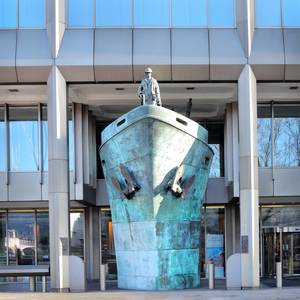
The United States has told countries to reject a United Nations' marine fuel emissions-cutting deal or face tariffs, visa restrictions and port levies, U.S. and European officials and sources told Reuters.The Trump administration is looking to boost U.S. economic might, including by taking a bigger role in global shipping
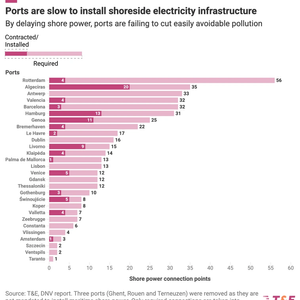
Most European ports are lagging in installing the shore-side electrical infrastructure needed for ships to switch from highly polluting marine fuel to cleaner electricity while docked, a new study showed on Tuesday.European Union environmental rules have set a 2030 deadline for maritime ports to install the infrastructure to provide what is known as onshore power supply (OPS).
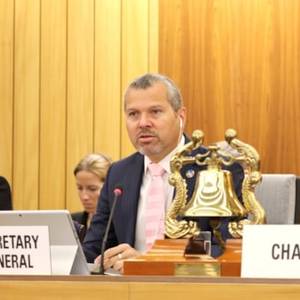
IMO Secretary-General Arsenio Dominguez has called for intensified diplomatic efforts following a renewed wave of attacks on merchant ships in the Red Sea.IMO Secretary-General Arsenio Dominguez has called for intensified diplomatic efforts following a renewed wave of attacks on merchant ships in the Red Sea.
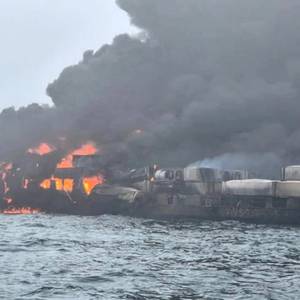
Fears of an environmental disaster eased on Wednesday, two days after a container ship ploughed into a stationary U.S. fuel tanker off northeast England, as the vessel's owner said the detained captain was a Russian national.The Portuguese-flagged Solong had crashed with no obvious explanation into the larger Stena Immaculate, a tanker carrying jet fuel for the U.S. military.
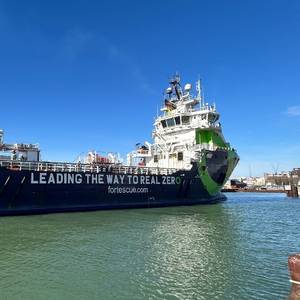
The Singapore-flagged dual-fuel ammonia-powered vessel Fortescue Green Pioneer has arrived in the U.K. to demonstrate the viability of ammonia as a sustainable marine fuel.The vessel is the first of its kind, powered by four-stroke engines, two of which are capable of being fueled by ammonia and diesel.
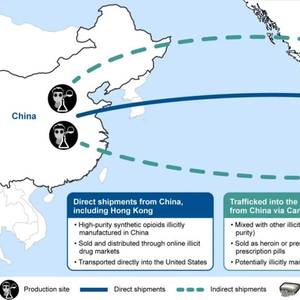
The United States' maritime coastal security poses a significant challenge due to the vastness of its coastline and the complexity of its maritime borders. According to the National Oceanic and Atmospheric Administration National Geodetic Survey there are approximately 95,000 miles of coastline.